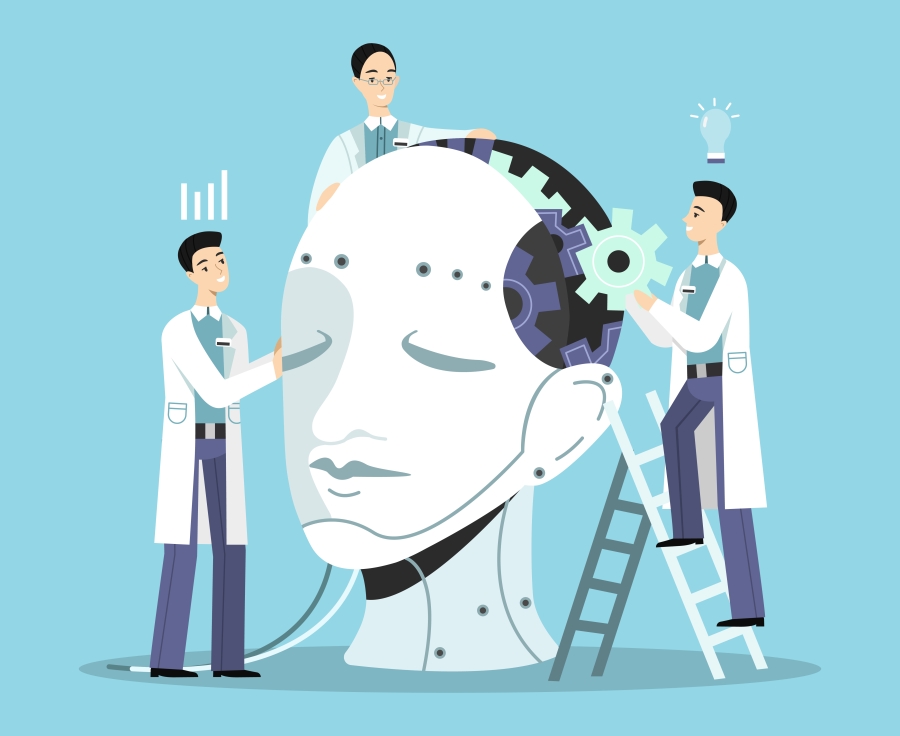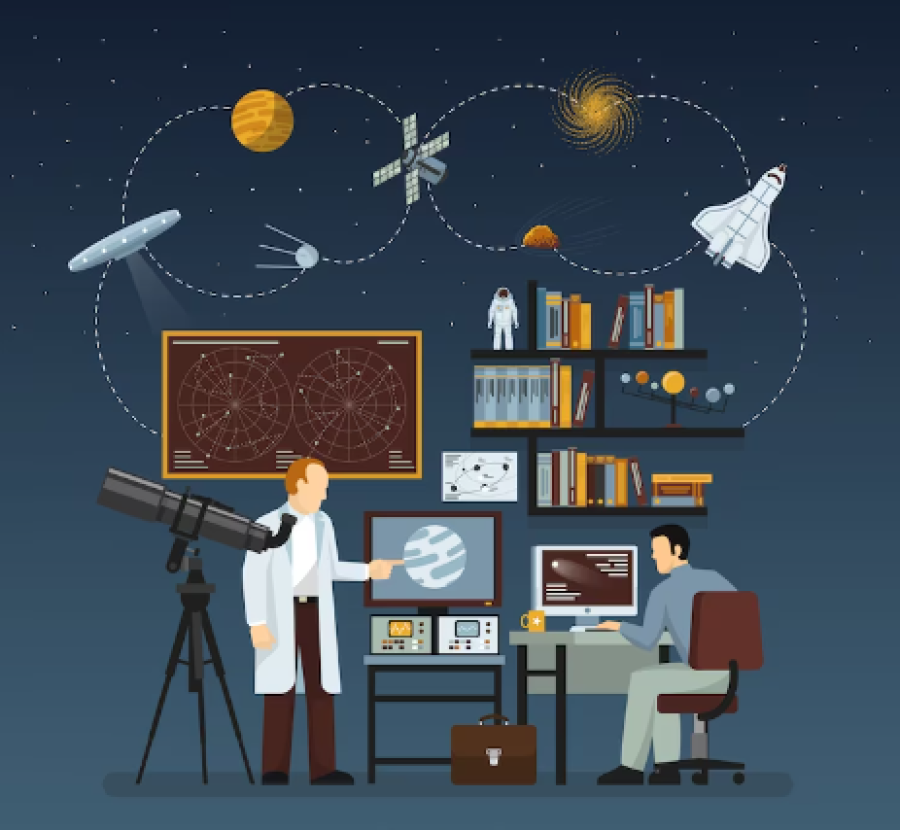Embracing Emotional Well-Being: The Role of AI in Revolutionizing Mental Health
In an era where technology is transforming every facet of our lives, it's no surprise that it's also making its mark in the realm of mental health. Artificial Intelligence (AI), with its ability to process data and recognize patterns, is emerging as a powerful tool in the field of emotional well-being. In this blog, we delve into the transformative impact of AI in mental health, exploring its applications in diagnosis, therapy, and nurturing emotional health.
1. AI's Diagnostic Precision: From Detection to Early Intervention
Mental health conditions often go undiagnosed due to the complexity of symptoms and social stigmas. AI is changing this narrative by leveraging data analysis and machine learning algorithms to aid in early detection. By analyzing patterns in speech, text, and behavioral cues, AI tools can identify potential indicators of mental health issues.
Imagine an AI-powered chatbot that engages in conversations with users, carefully analyzing their responses for linguistic and emotional cues. This data can then be used to suggest whether further professional evaluation is required. AI's ability to detect subtle shifts in mood and behavior can facilitate early intervention, leading to more effective treatment and improved outcomes.
2. Virtual Therapeutic Companions: AI's Support in Treatment
The shortage of mental health professionals has left many individuals without access to therapy. AI-driven virtual companions are bridging this gap, providing users with a confidential space to express their emotions and receive therapeutic support. These companions use AI algorithms to engage in conversations, offer coping strategies, and even provide psychoeducation.
AI-driven therapy platforms offer a judgment-free zone where users can comfortably discuss their feelings, anxieties, and challenges. The AI's ability to learn from these interactions allows it to adapt its responses over time, creating a tailored therapeutic experience. While not a replacement for human therapists, AI companions extend the reach of mental health support to a wider audience.
3. Nurturing Emotional Well-Being: AI-Infused Self-Care
The quest for emotional well-being is a continuous journey, and AI is contributing by offering personalized self-care tools. AI-powered apps can track users' emotional states and daily routines, providing insights into factors that impact their mental health. This data-driven approach empowers individuals to make informed choices to nurture their well-being.
Moreover, AI-powered mindfulness and meditation apps guide users through relaxation techniques, helping manage stress, anxiety, and sleep disorders. These tools adapt to individual preferences, ensuring that each user's journey towards emotional well-being is unique and effective.
4. Ethical Considerations and Future Prospects
While AI's potential in mental health is promising, it's essential to address ethical concerns, such as privacy, data security, and the potential dehumanization of therapy. Striking a balance between technological advancements and the human touch is crucial for the responsible integration of AI in mental health.
As AI evolves, its role in mental health will expand. AI-driven interventions could become an integral part of therapeutic practices, enhancing the quality and accessibility of care. The future holds exciting prospects, from more accurate diagnostic tools to AI-augmented therapy sessions, further transforming the landscape of mental health care.
Conclusion
The fusion of AI and mental health is a beacon of hope for individuals seeking emotional well-being. From early detection to virtual companions and self-care tools, AI is reshaping how we approach mental health. While technology cannot replace the empathy and understanding of human therapists, it can complement and extend their reach, offering support to individuals who need it the most. As we embrace the potential of AI in mental health, we embark on a journey towards a more emotionally resilient and connected society.






Comments (0)